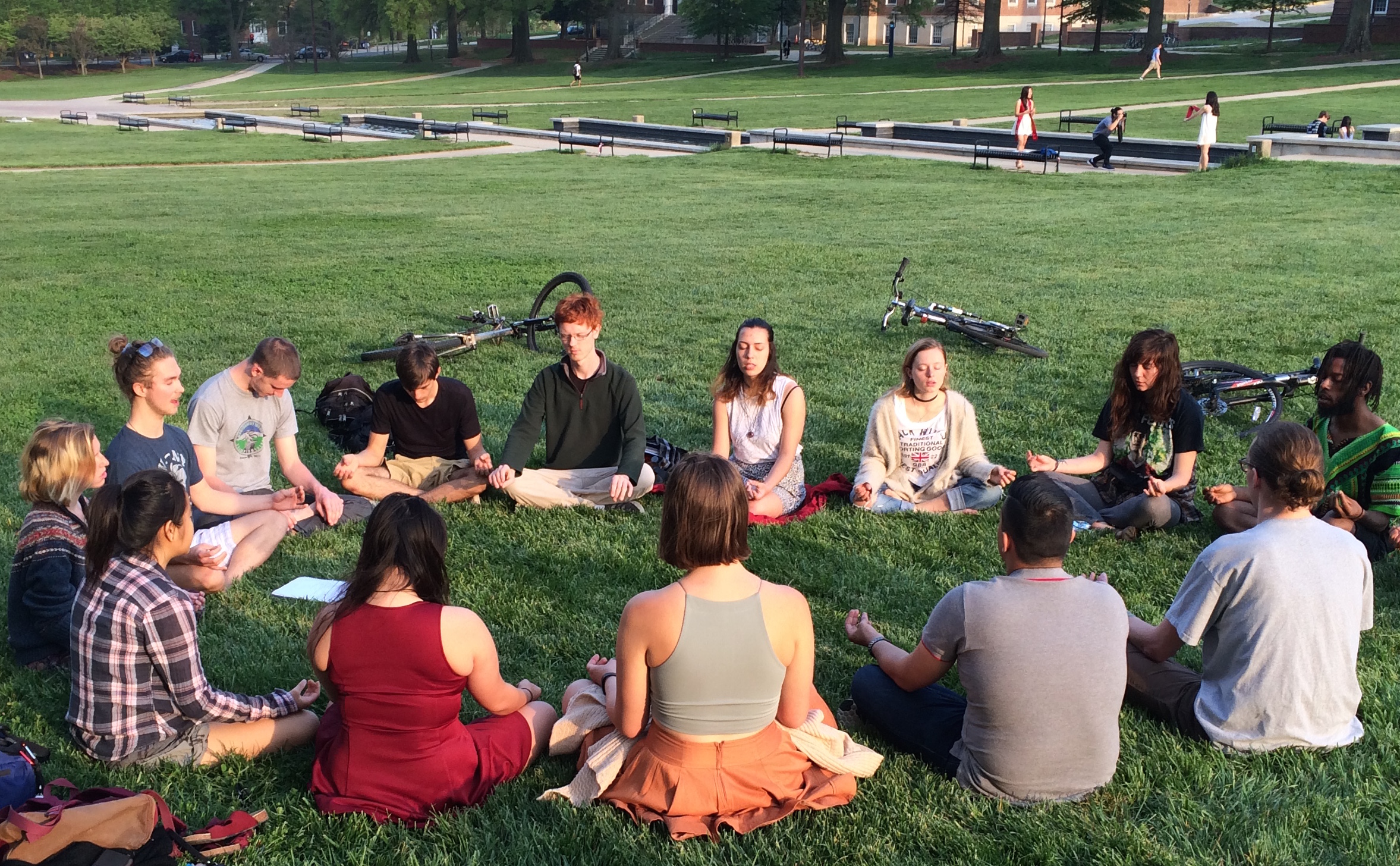Views expressed in opinion columns are the author’s own.
The start of a new semester is a whirlwind; new classes begin, students adjust to new living spaces and friends reunite after a summer’s worth of relaxation. While all of this is exciting, a great deal of stress often accompanies students back to school each fall.
Start-of-the-year stress can get to you. It’s difficult to turn back into a productive student after a three-month break from academics, tight living spaces and packed schedules. Stress makes you easily agitated, often tired and frequently restless. Being a student is even more difficult when coping with the negative effects of stress. As a student, you have countless responsibilities, and there’s a distraction to match each task. It’s enough to drive even the most levelheaded person crazy. Like many of my peers, I am experiencing this early-semester stress firsthand and have been looking for ways to combat it.
Luckily, I did not have to search for a solution for very long. In an art history class during the first week of classes, my professor informed us that each class meeting will begin with two minutes of silence, intended to clear our minds by eliminating outside distractions. He told us to direct our focus inward and concentrate on our breathing. While smiling and nodding in class, I thought this would be a total waste of my time. Is this really what my tuition money is paying for? Surprisingly, I was eating my words exactly two minutes later.
During the following period of silence and meditation, which I had presumed would be horribly awkward, I felt an emotional weight being lifted off my shoulders. A wave of calmness washed over me. Everything was, for a moment, at peace. Even following the procedural silence, I noticed I was more engaged in course content and class discussions than I usually am. It also improved my mood for the remainder of the afternoon. I felt friendlier, more awake and happier. Following the class, I was convinced that I had discovered a miracle unknown to the rest of the world.
Again, I was wrong. Studies show routine meditation and mindfulness alleviate emotional difficulties including depression, anxiety and stress, all of which are prevalent on college campuses. Additionally, meditative habits are linked to physical health benefits. Those who exercise in mindfulness experience a stronger immune system, reduced heart rate and blood pressure, a feeling of calmness and an increased ability to focus.
At the beginning of a new semester, everyone seems to be offering advice on how to be most successful. This advice tends to promote fostering your academic ability, social life or physical health. However, taking just a few minutes out of your day for silent meditation and reflection has the potential to give you a boost in all of those areas and help you beat stress throughout the entire school year.
Sydney Wess is a junior broadcast journalism and art history major. She can be reached at swess@terpmail.umd.edu.



